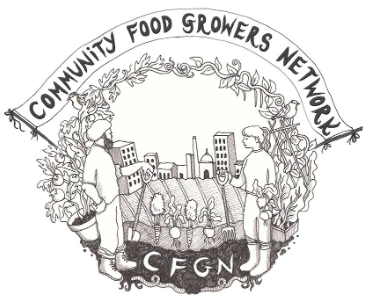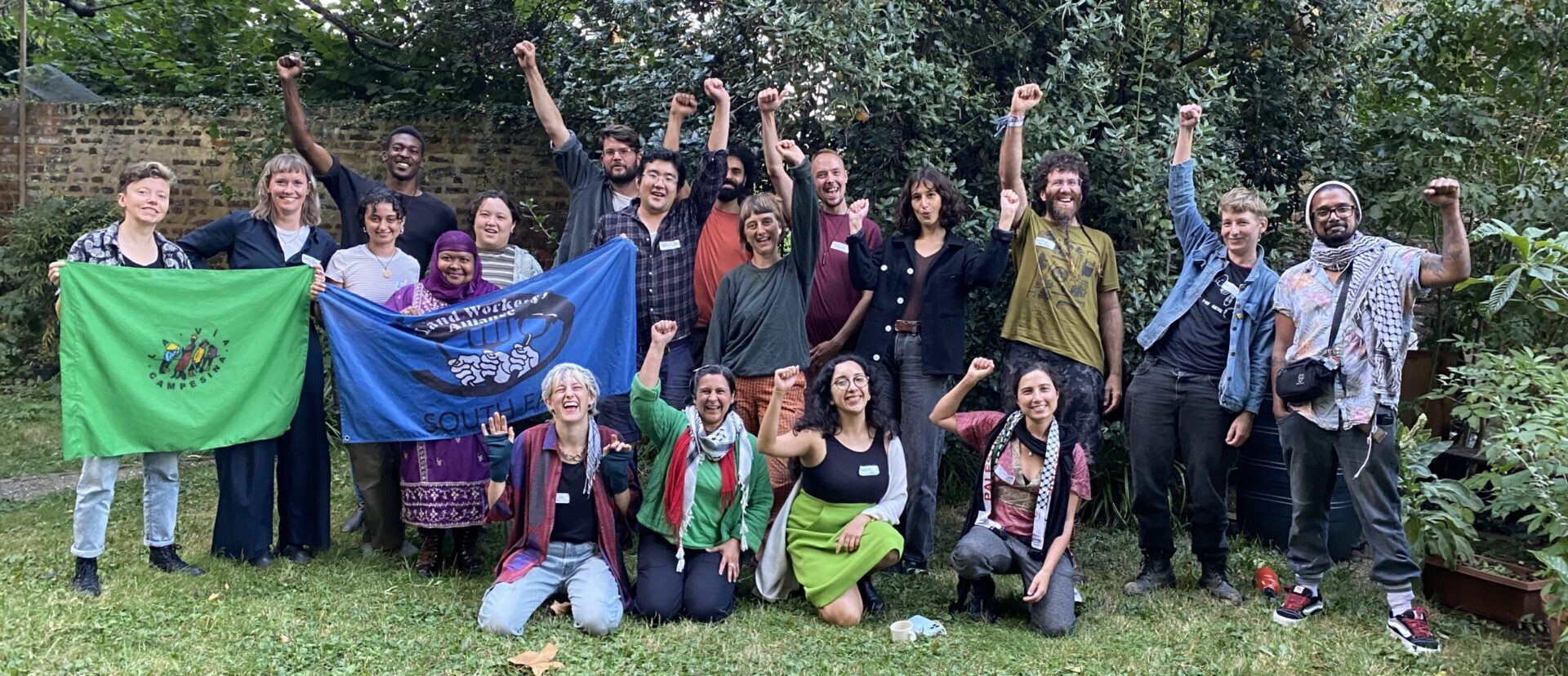How We Work
Agreed at CFGN gathering on 15 May 2011
1. Membership criteria
2. Joining process
3. Decision making
4. Gatherings
5. Email lists
1.Membership criteria
Groups wishing to join the network should be able to:
1. Sign up to the manifesto and enact its values
2. Agree to active participation in the network:
* solidarity with other members
* host gatherings and run workshops/skill shares at gatherings
* take part in working groups and organising roles (eg email administration)
* give a donation for food and running costs
* share information about your project with the network, and feed back
information from the network to your project.
2.Joining process
A group wishing to join should:
1. Notify the network (via the host of the next gathering) so that a membership proposal is added to the agenda for the next gathering.
2. Attend the gathering and introduce the group with a short presentation (no more than 5 minutes, with a further 5 minutes for questions).Members at the gathering will be asked to approve the membership.
3. Once a group has become a member, they will be added to the members’ email list.
If a group is interested in joining the network, one or more of the people involved can attend up to 3 gatherings (in a non-decision making capacity) to get a sense of the network and decide whether you would like to join.
3.Decision making
We seek to make decisions by consensus because consensus decision-making is a creative and collaborative process that aims to brings together the best from everyone’s ideas and ensures that all opinions, ideas and concerns are taken into account. Consensus is about participation and equalising power and because we all actively agree to the final decision we’re much more committed to turning it into reality.
Decision-making in meetings
We will try to make decisions face to face wherever that is possible. In order to help with this we will use the guidelines below to plan our gatherings effectively. We will collectively take responsibility for facilitating our meetings well, supporting and also respecting the allocated facilitator. We will use hand signals to help with facilitation.
We will remind ourselves to self-regulate so that we all participate actively and no individual, nor a project with more than one member present, is dominating a discussion. In general we will allow all present at the meeting to participate in discussions, asking non-members to be aware of self-regulation as well. However, if it is proving difficult to reach consensus it may be necessary to limit participation to a smaller group consisting of one ‘spoke’ from each member project present to try and achieve consensus, rather than involving all individuals present.
Working groups and email decisions
We will set up ad hoc or standing working groups as necessary to help develop clear proposals which can be decided on in meetings, or if more urgent by email.
If proposals have to be decided by email, the person initiating the decision request needs to:
use ‘decision’ or ‘urgent decision’ as appropriate in the email heading set out the parameters and time frame for reaching a decision, eg ‘active response from each project required’, or ‘if you don’t respond then your agreement will be assumed’. A week’s notice for response is usual, with 24 hours minimum for urgent decisions.
Where a decision is due to be made with non-response indicating acceptance, if another member feels that the decision is too important or contentious for this, they can request affirmative consensus ie the decision would actually require active response from each project.
NB response from each project means a response from the designated email contact for each member project, not from every person who happens to be on the email list.
4.Gatherings
4.1 Gatherings usually take place quarterly. Member projects take turns in hosting gatherings which can include site tours, workshops or practical sessions relevant to their project.
4.1a There will be three members gatherings a year. These are members meetings, yet other Community Food projects (CFPs) can attend. Existing members take responsibility for sharing with other projects. The agenda for these meetings will be sent to wider CFGN list a week before (and members list much earlier). These meetings are hosted by a member who nudges others to support agenda setting.
There will be one annual harvest gathering with each member taking responsibility for publicizing this to projects they’d like to see involved. The aim of the summer gathering is to share network with interested projects; opportunity to connect; to eat together; share skills; offers/wants updates space.
4.2 Each gathering will agree a host for the following gathering and seek to identify a date and agenda items for it. A ‘next gathering’ working group will be set up and will include people from the current and next host projects, to help ensure continuity.
4.3 The ‘next gathering’ working group will be responsible for finalising the next gathering’s agenda. This process will include: callout for agenda items/proposals (see 4.4), receiving requests for new members to join, and circulating a confirmed agenda with any proposal or discussion documents (or links to these documents online). The confirmed agenda should be circulated 2 weeks before the gathering to allow time for member projects to discuss and agree their position on any issues to be decided on in the gathering.
4.4 In order to have the best possible meetings, allow broader input from within projects not just those present at a gathering, and avoid lengthy email discussions, agenda items should wherever possible be in the form of a proposal or discussion paper circulated beforehand, with a named contact person who can receive questions or concerns before the gathering (or set up to receive comments and amendments online) and collate this feedback for the gathering.
4.5 Decisions reached by consensus at gatherings will normally be considered final, since member projects have the opportunity to see the agenda, provide input beforehand and attend the gathering. If, however, a decision arises at a gathering which is not part of the pre-notified agenda, a member project with serious objections is entitled to raise these within one week of the minutes being circulated.
4.6 The ‘next gathering’ working group will be responsible for coordinating the organising of the next gathering but can call on other members to lead discussions or workshops as appropriate. An organising checklist is available to help guide this process.
5. Email communications
We will operate two email lists:
a) one for members
We will use this to notify gathering information, and to make urgent decisions between gatherings. We will try to avoid using it for discussions and will set up other mechanisms for discussion of documents etc. It is up to each project to decide who and how many people from its project participate in this list, but each project will have one designated contact person on the list who will take responsibility for ensuring that their project responds to requests for decisions made on the list.
b) one for everybody: our public newsletter
This is an information share list open to any interested individuals or groups. A rotating secretary role will moderate emails to the public list if necessary and respond to external enquiries.

